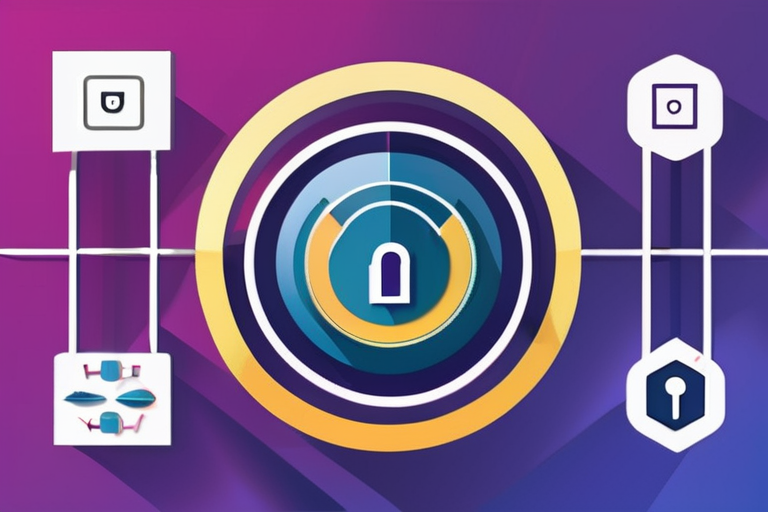Unlock Your Online Security: Enable Android's Private DNS Mode Now to Thwart Hidden Threats


Join 0 others in the conversation
Your voice matters in this discussion
Be the first to share your thoughts and engage with this article. Your perspective matters!
Discover articles from our community

 Hoppi
Hoppi

 Hoppi
Hoppi

 Hoppi
Hoppi

 Hoppi
Hoppi

 Hoppi
Hoppi

 Hoppi
Hoppi

Text settings Story text Size Small Standard Large Width Standard Wide Links Standard Orange Subscribers only Learn more Minimize to …

Hoppi

Android Users Urged to Activate Hidden Security Feature A recent discovery has highlighted a powerful security feature on Android phones …

Hoppi

Tor Browser Offers Great Privacy Protection, But Falls Short: Experts Weigh In In a recent analysis, experts have found that …

Hoppi

The 25 Key Settings You Need to Change on Your iPhone In the latest iteration of iOS, Apple's software design …

Hoppi

The Secret to Safer Surfing: How to Turn on Android's Private DNS Mode and Why It Matters Imagine you're browsing …

Hoppi

The Double Life of Online Anonymity: How Norton VPN Keeps You Safe Imagine you're a digital nomad, constantly on the …

Hoppi